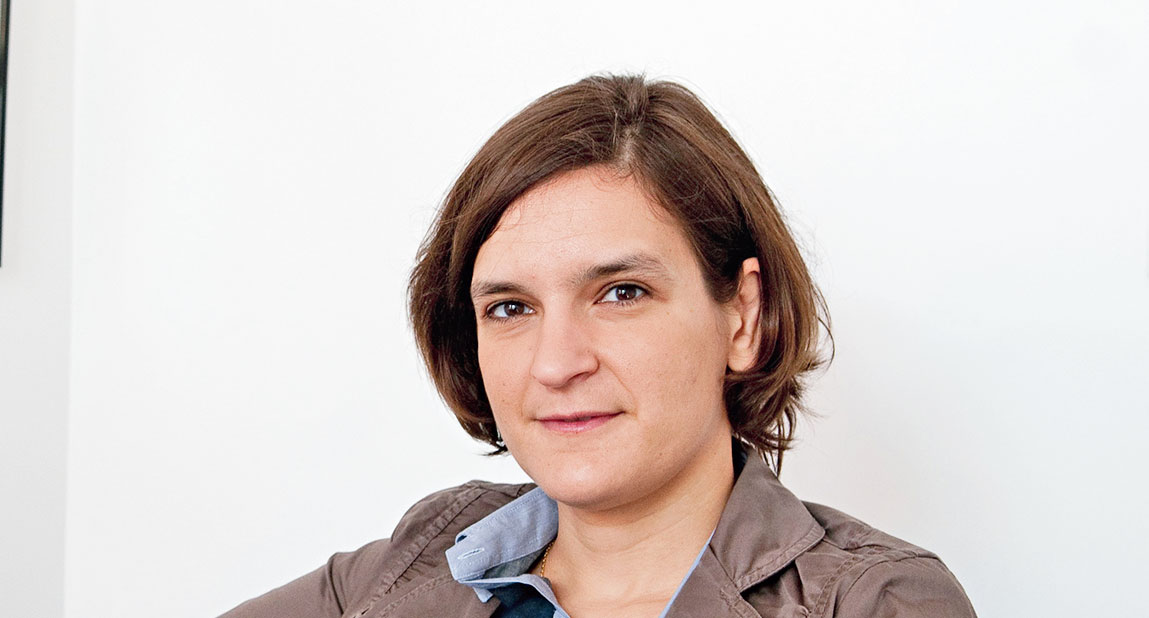French-American Esther Duflo becomes only the second female economics winner in the prize’s 50-year history, as well as the youngest at 46.
The Royal Swedish Academy of Sciences said results of the studies and field experiments of Duflo, Abhijit Banerjee and Michael Kremer had ranged from helping millions of Indian schoolchildren with remedial tutoring to encouraging governments around the world to increase funding for preventative medicine.
“It starts from the idea that the poor are often reduced to caricatures and even the people that try to help them do not actually understand what are the deep roots of (their) problems,” Duflo, speaking by telephone, told a news conference in Stockholm.
“What we try to do in our approach is to say, ‘look, let’s try to unpack the problems one-by-one and address them as rigorously and scientifically as possible’,” she added.
For example, their field experiments that found that while providing more textbooks and free school meals had only small effects, targeted help for weak students made a significant difference to overall educational levels.
Another study gathered evidence on how an often overlooked measure such as deworming children could help their education. Yet another found that making the renewal of teacher contracts dependent on pupil grades produced better scores, while reducing the pupil-teacher ratio had little impact.
The team has notably been associated with the “Teaching at the right level” (TarL) programme which has helped 60 million children in India and Africa and focuses on maths and reading skills for primary school pupils.
Duflo said the importance of the two most commonly cited approaches to tackling poverty — foreign aid and freeing up trade with poor countries — had often been “overstated”.
While the UN estimates that global poverty has been cut by more than half since 2000, it says one in 10 people in developing regions still live on less than $1.90 a day. In sub-Saharan Africa, that proportion rises to 42 per cent.
Asked whether Duflo’s award was an attempt to redress the gender imbalance in the prize’s history, Peter Fredriksson, chairman of the Nobel Committee for Economic Sciences, said it showed that women were now more present in economics.
Duflo remarked that it came at an “extremely important and opportune time” for women in a sector that has traditionally been very male-dominated.
“We are at a time when we are starting to realise in the profession that the way we (treat) each other privately and publicly is not conducive all the time for a very good environment for women,” she said.
Duflo received her undergraduate degree from the Ecole Normale Superieure in Paris in 1994, after studying both history and economics. She earned a master’s degree in economics the next year, jointly through the Ecole Normale Superieure and the Ecole Polytechnique.
Duflo earned her PhD in economics from MIT in 1999. She joined the MIT faculty the same year, and has remained at MIT her entire career.
She is currently the Abdul Latif Jameel Professor of Poverty Alleviation and Development Economics.
Previously, Duflo has earned a series of awards and honours, including a MacArthur Foundation fellowship (2009), the John Bates Clark Medal from the American Economic Association (2010), and, also in 2009, the BBVA Foundation Frontiers of Knowledge Award for Development Cooperation.
Duflo and Banerjee are the sixth and seventh people to win the award while serving as MIT faculty members, following Paul Samuelson (1970), Franco Modigliani (1985), Robert Solow (1987), Peter Diamond (2010) and Bengt Holmstrom (2016).










